Llanelli 1911 Railway Strike Commemoration – 13 to 22 August
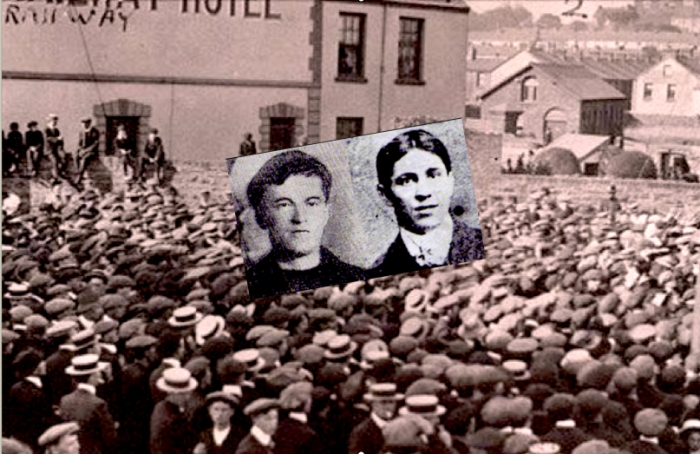
Over a hundred years ago, during the first national railway stoppage in Britain, the military were called out in force to quell the strike. They were deployed in Llanelli where mass picketing had stopped all rail traffic. Troops from the Worcestershire Regiment shot dead two unarmed men and wounded two others, sparking the Llanelli Rising of 1911.
#CP100: the YCL, always with the Party
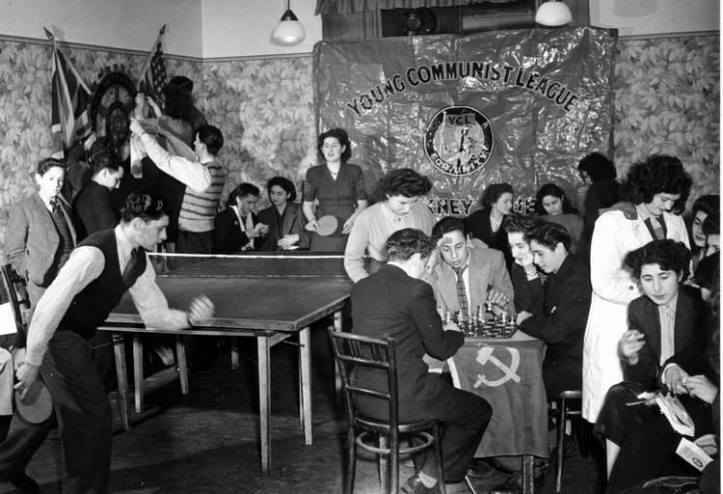
As part of the Communist Party’s Centenary Red Wedge meetings Robin Talbot gives a whistle-stop tour of the 99 year history of Britain’s young communists and why you should join today. This is a transcript a speech delivered online on 1 August 2020.
Communist Party launches new ‘Pandemonium’ series
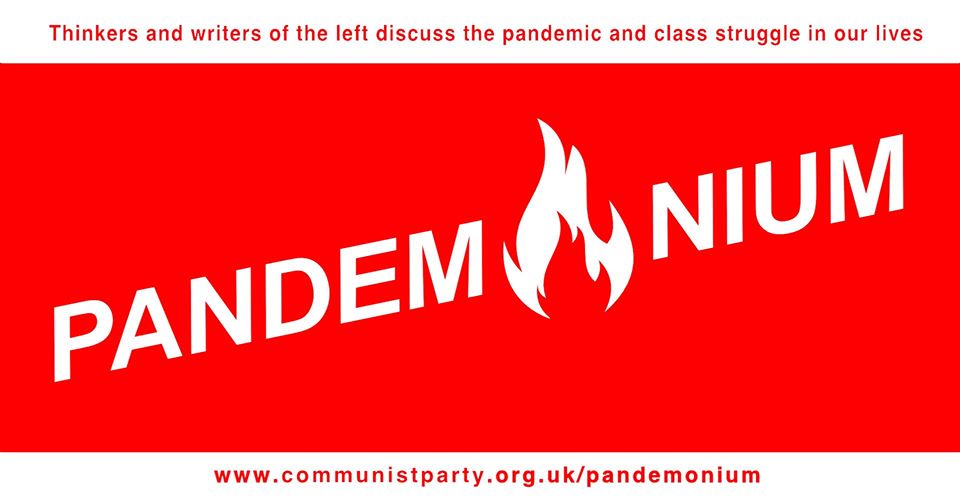
To celebrate their centenary on 1 August 2020, the Communist Party is hosting a series of free, online lectures every evening from Friday 24 – Friday 31 July to provoke and inspire the imagination.
Show your Pride
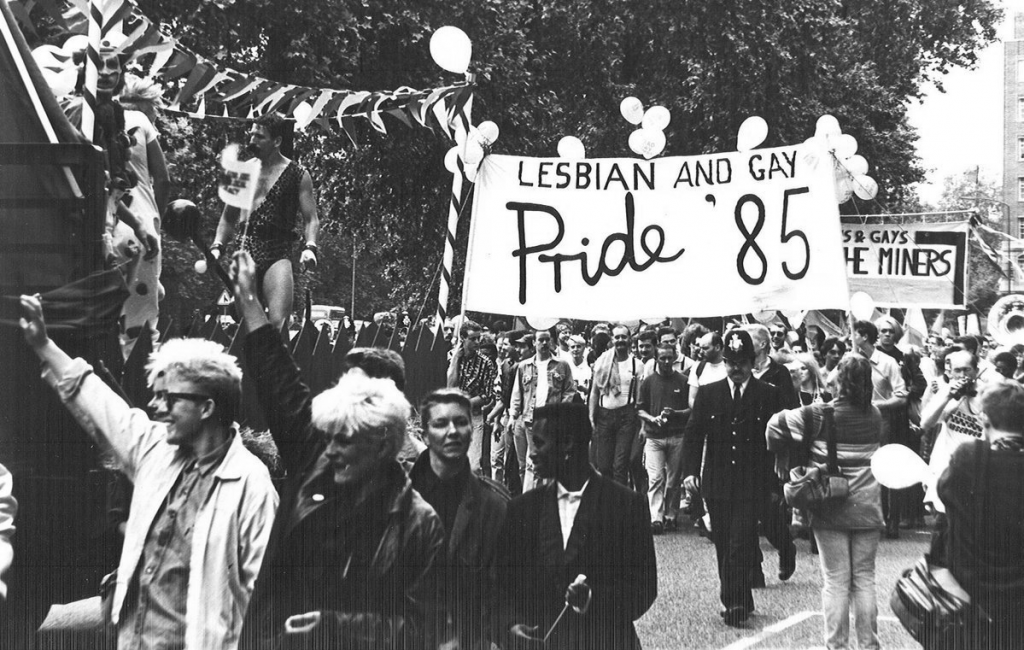
Marking the 36th Anniversary of the foundation of the iconic Lesbians & Gays Support the Miners movement of the mid-1980s, Joe Weaver discusses the significance of Pride and what lessons can be learned today.
Marxism and intersectionality
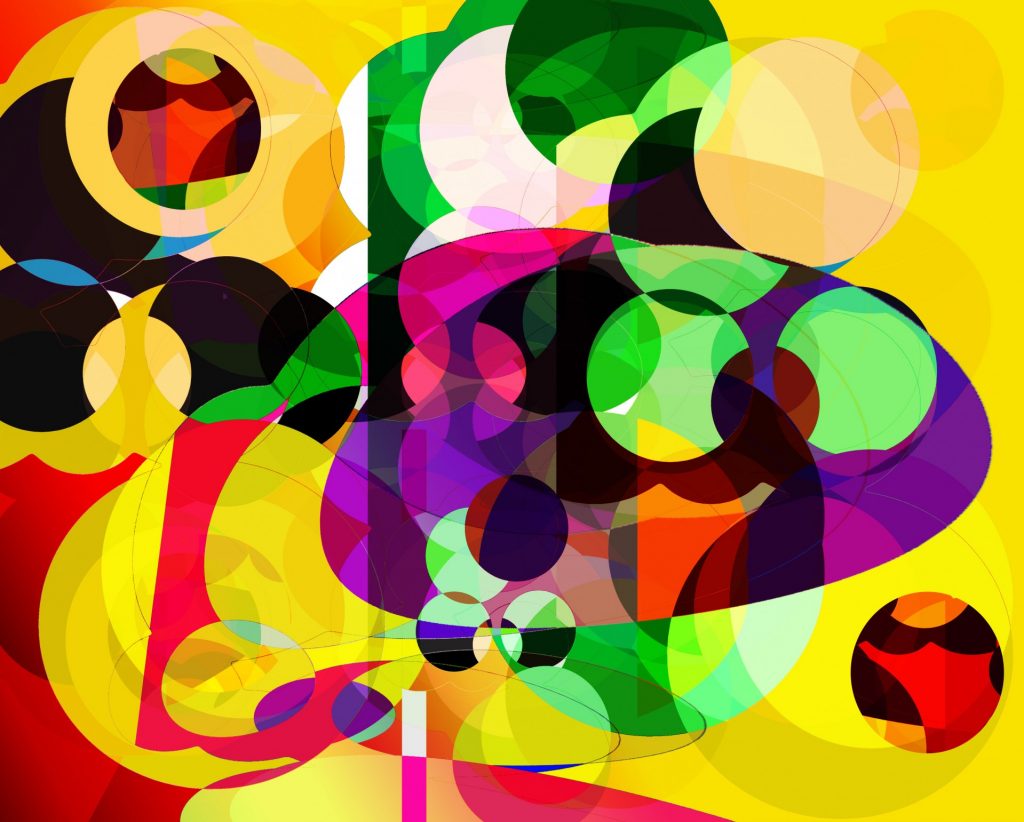
Ben Lunn provides a Marxist critique of intersectionality and discusses an understanding of oppression and discrimination based on a class perspective
Obituary: Cécile Rol-Tanguy
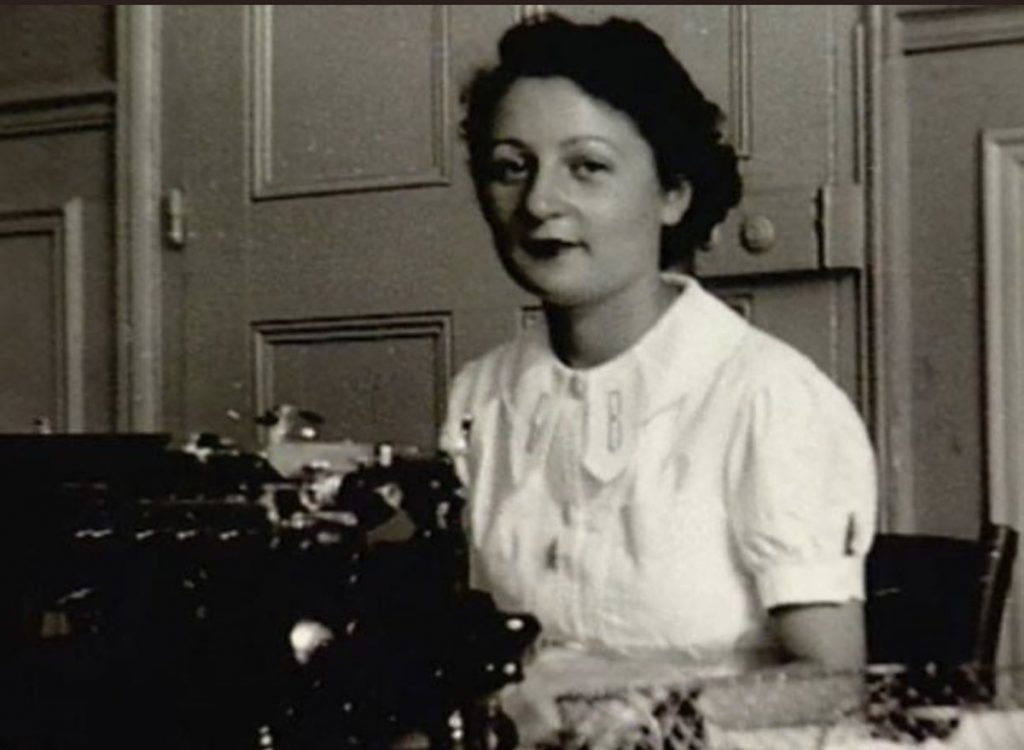
Julian Jones pays tribute to recently passed legendary French communist and resistance fighter, Cécile Rol-Tanguy.
Looking back on Oliver Law
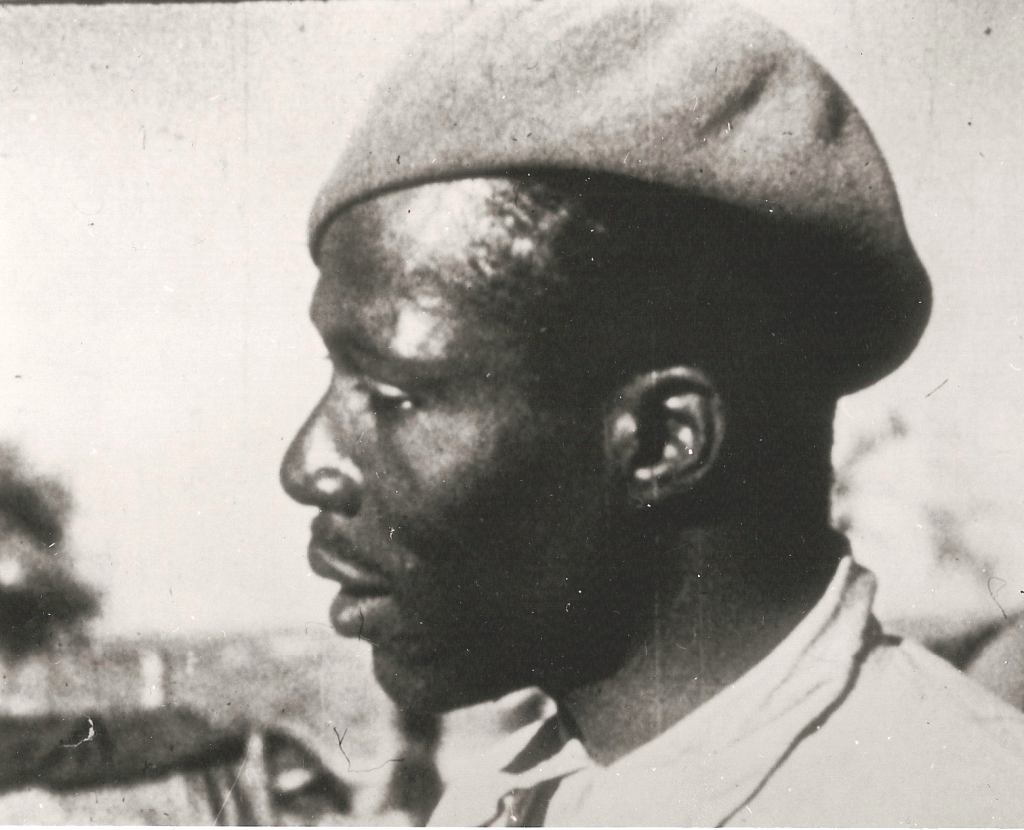
David Horsley remembers the life and contribution of African American Communist and International Brigader, Oliver Law.
East of England YCL: a proud past and a bright future
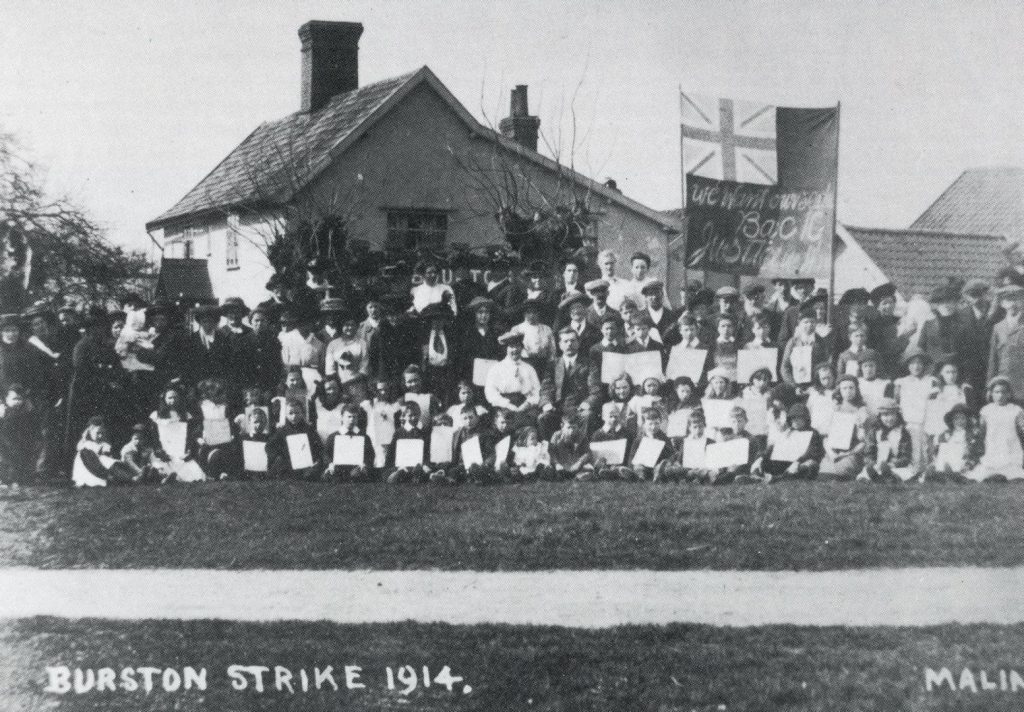
Joe Weaver marks the establishment of a new YCL Branch in the East of England and notes that it builds on a longstanding and proud communist tradition in the area.
Cuban Communism: social justice, equality and real human rights
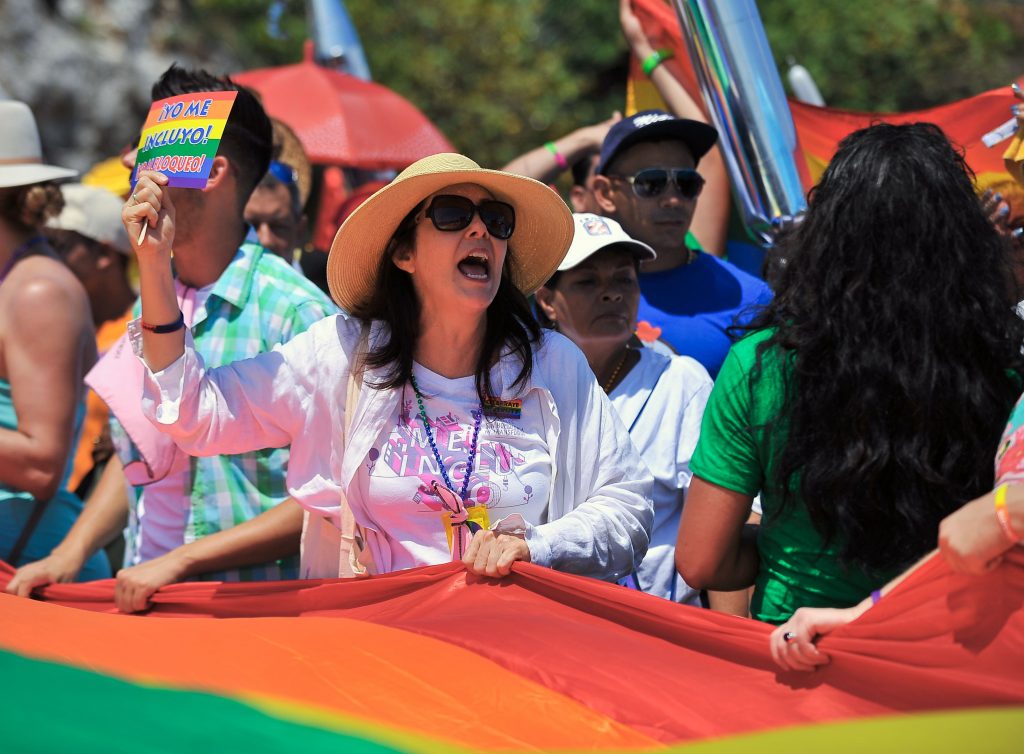
Robin Talbot discusses the successes of the Cuban Revolution in advancing human rights and equality, and what lessons we can learn
Rent Strikes in Britain and lessons for today
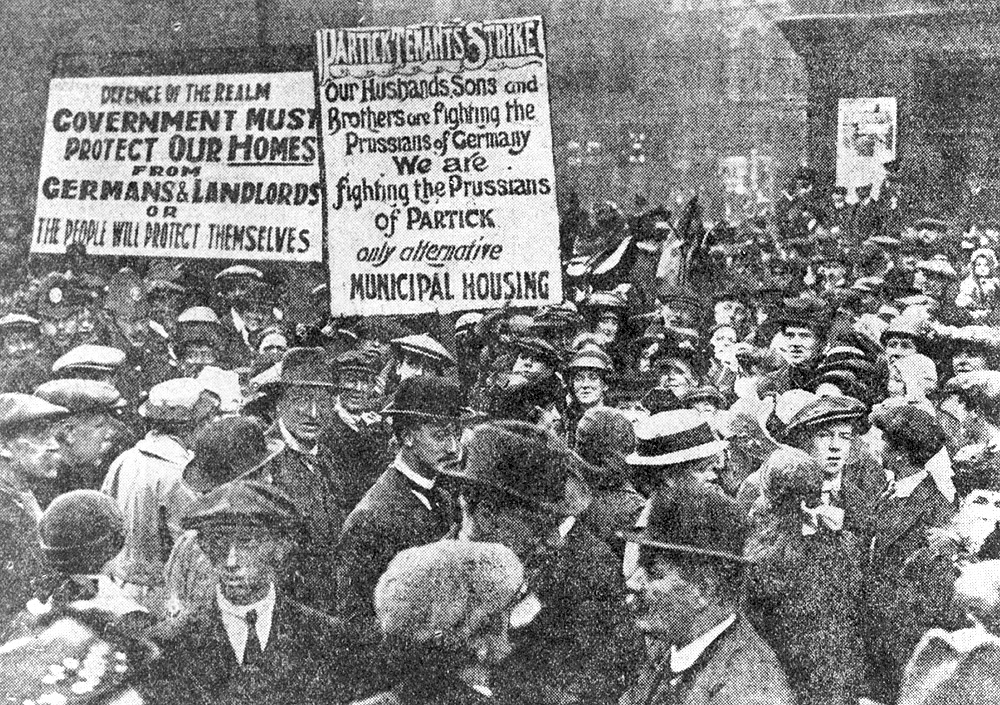
Joe Rosenthal discusses the history of Communist Party involvement in organising rent strikes and what lessons can be learned and applied in today’s struggles.


